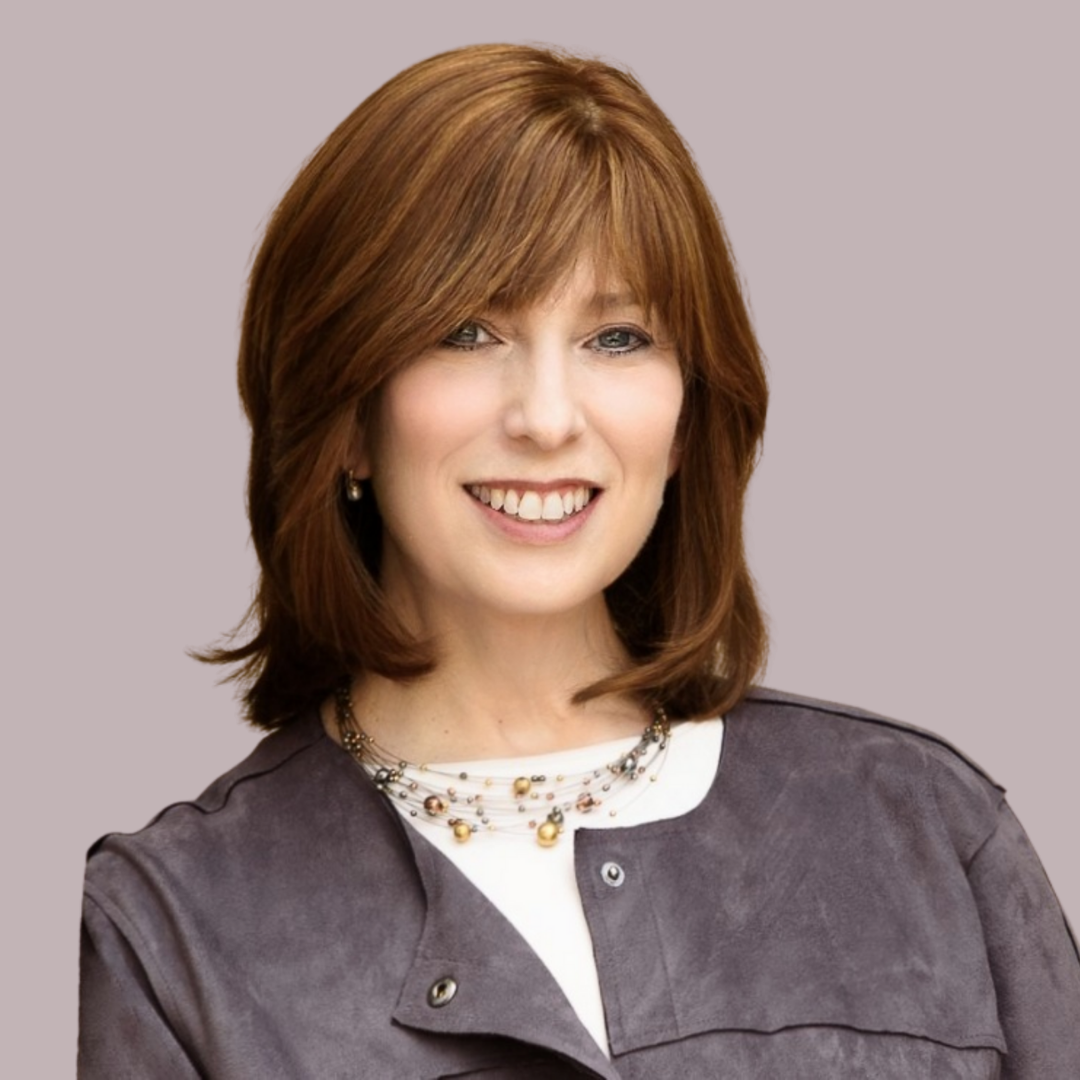
A Message From Our Editor – May 2022

Written by Penina Taylor
In Israel the two weeks after Passover include Yom Hashoah – Holocaust Memorial Day, Yom Hazikaron – National Memorial Day and Yom Ha’atzmaut, Israel Independence Day. It’s a time of wildly opposing emotions and a time of reflection. When I stand in silence at the sounding of the Yom Hashoah siren I think about a wide variety of things. I think about how huge the number six million is, and that 80 years later the Jewish people still haven’t reached our pre-Holocaust population – That’s how big six million is – it’s over 80 years big. But I also think about the concept of baseless hatred and killing people just because of who they are. And I think about what it means to be a Jew.
I remember some years ago hearing a story about a teacher in a Jewish day school. She asked the students, “If you found out today that you aren’t actually Jewish, what would you do?” A few of the students said they would convert, and a few admitted they had no idea. But the vast majority of the class said that they would probably abandon Judaism. After all, if you aren’t obligated by birth, why would anyone want to be Jewish?
Why would anyone want to be Jewish?
When I used to teach conversion candidates at the local seminary, I used to explain to them that one of the reasons that the conversion process is so hard is that we need to be sure they truly understand what they are getting themselves into. After all, they are not only committing to keeping all of the mitzvot, but they are joining literally the most hated and persecuted group of people on the planet. That’s not something to be entered into lightly.
Why would anyone want to be Jewish?
Why would anyone voluntarily go from being a member of the “in” crowd, to being an outcast? To be honest, it’s something I still can’t wrap my head around.
Five years ago I was introduced online to a family in Pakistan. At the time I was teaching conversion classes online and I was asked by a friend to learn with this family for conversion. The problem was I couldn’t find a Rabbi who was willing to actually convert them. But they had the faith that one day God would make a way for it to happen and so, borrowing their faith, I learned with them for a full year. The family was very committed – coming to every class I taught, watching the recordings, and taking extensive notes.
It turns out that the family had a story. The wife’s grandfather was an Iranian Jew who had immigrated to Karachi before India was partitioned and Pakistan was created.
At the time Karachi had a vibrant Jewish community. But after the partition, the city became Muslim and the Hindu and Jewish populations fled to India. But this Iranian Jew didn’t leave. He taught his son to remember that he was a Jew and to love Torah and mitzvot and the son taught his children – and others. One of these others was a young man who would eventually become his son-in-law and he would watch as another generation was taught to remember their Jewish heritage and to keep the mitzvot as best they could. Studying Torah, and as technology allowed, to learn from Rabbis and teachers online.
But it’s not okay to be a Jew in Pakistan and the more the young family practiced their faith the more they were persecuted. It started with little things like the son being forced against his will to go to the mosque, or the children not being allowed to make friends in school. But soon things started to escalate – the boys were beaten up, their dog was poisoned, and someone tried to burn down their house. They asked for help from their Jewish friends, but most of us were at a loss as to how to help them. In the end they managed to get a visa to UAE and through a series of what everyone involved can only label as miracles, they ended up getting visas to Israel where they are hoping to convert and settle.
So many of us would give up our Judaism in a heartbeat if we weren’t obligated to it, and yet here are five people who would give up their lives before they would give up their Judaism, even though they aren’t actually obligated to it. What are we missing?
As we stop to remember those who lost their lives simply because they were Jews, and those who gave them willingly to make sure that we could continue to be Jews, perhaps the question we should be asking isn’t, “Why would anyone want to be a Jew?” But rather, “What does it mean to be a Jew?”

